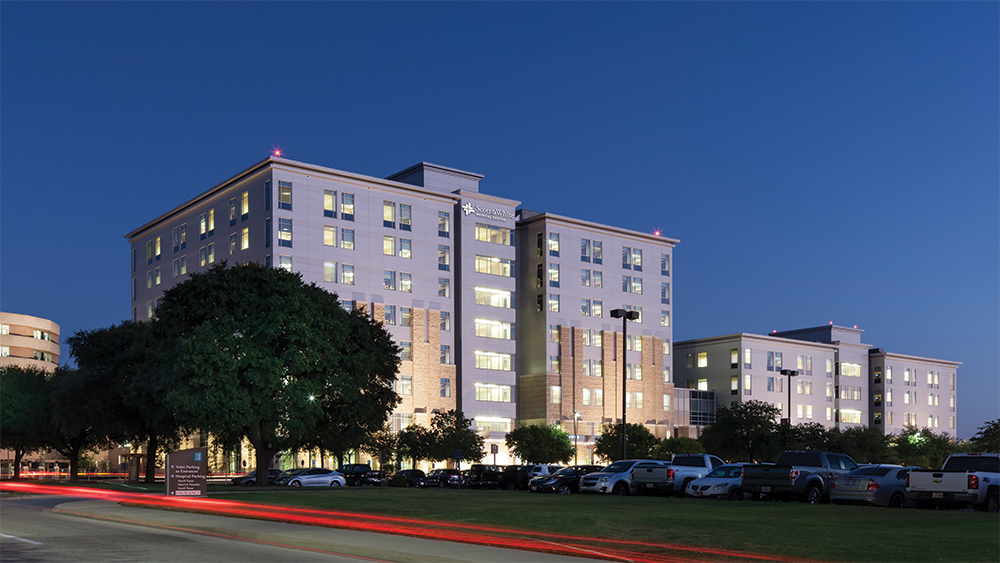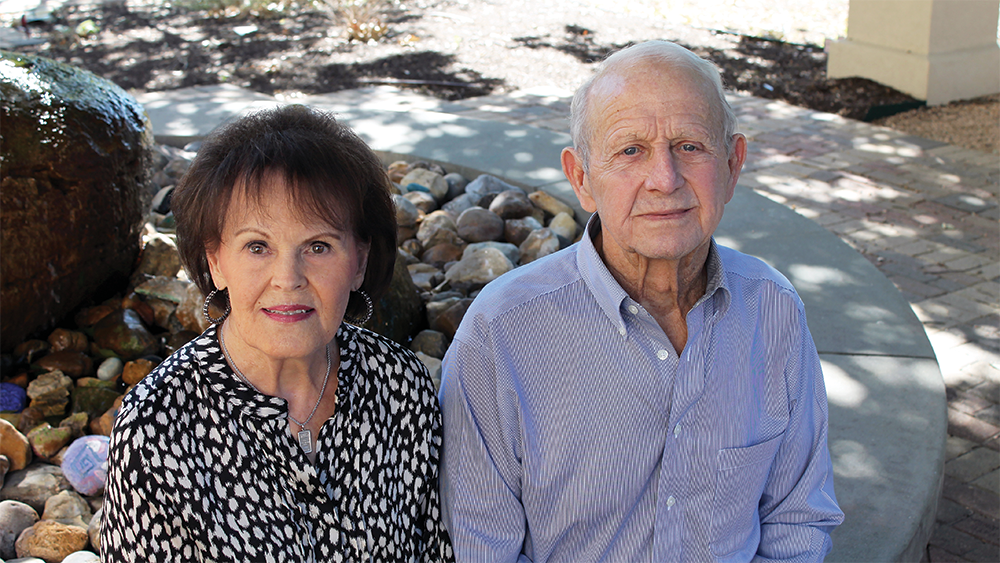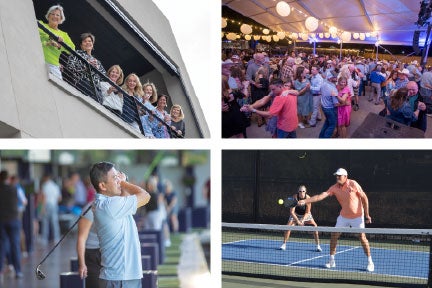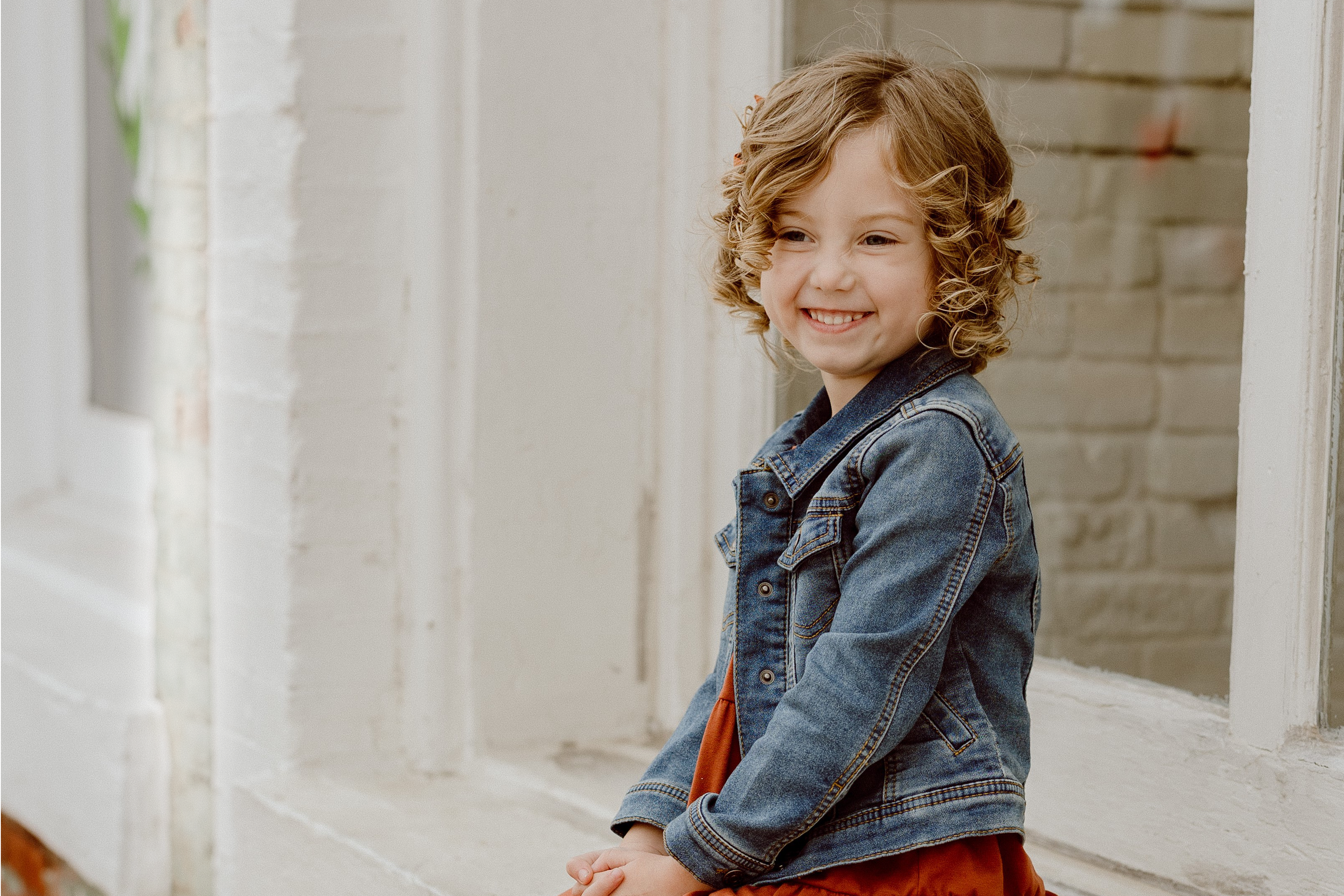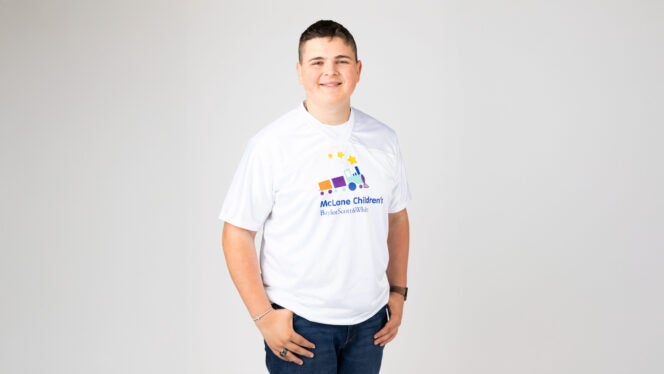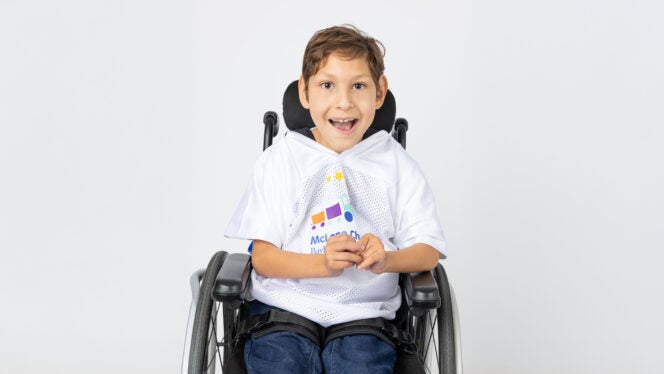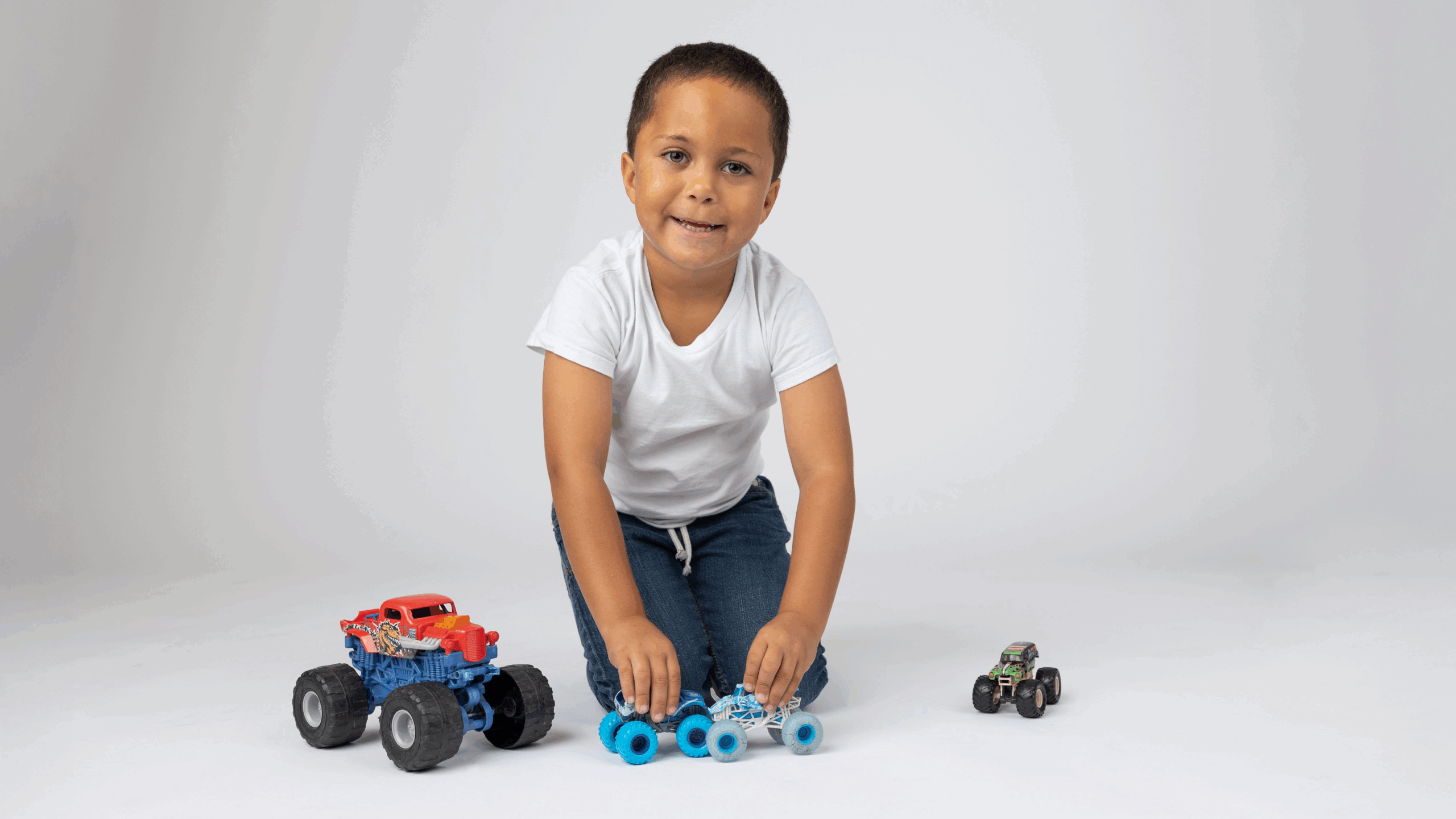Just after her third birthday, Elliott’s parents noticed a lump on her abdomen. An ultrasound revealed it was cancer, though not what kind or what stage. Wanting more answers immediately, Elliott’s parents brought her to the emergency room at Baylor Scott & White McLane Children’s Medical Center. Further testing showed a Wilm’s tumor, a common type of kidney cancer among children, which at stage 4 had already spread to Elliott’s lungs.
Just a few hours later, Elliott had surgery to remove her right kidney. She spent the next nine months undergoing chemotherapy, radiation, and further surgery.
“The staff at McLane Children’s really made us feel like family,” says Elliott’s mother, JaNett Hill. “They answered our thousands of questions and made us feel comfortable with what was going on. But even more than that, they really worked to make sure the whole experience wasn’t so traumatizing for Elliott.”
Of course, a cancer diagnosis and treatment can be stressful and frightening for patients of any age, but especially so for children as young as Elliott.
“She didn’t really understand what was happening, She just knew that she was in pain and all these people were poking and prodding her,” JaNett says. “But the staff really took the time to get to know her—things that made her uncomfortable, things that she wanted to control—and they applied that to her care.”
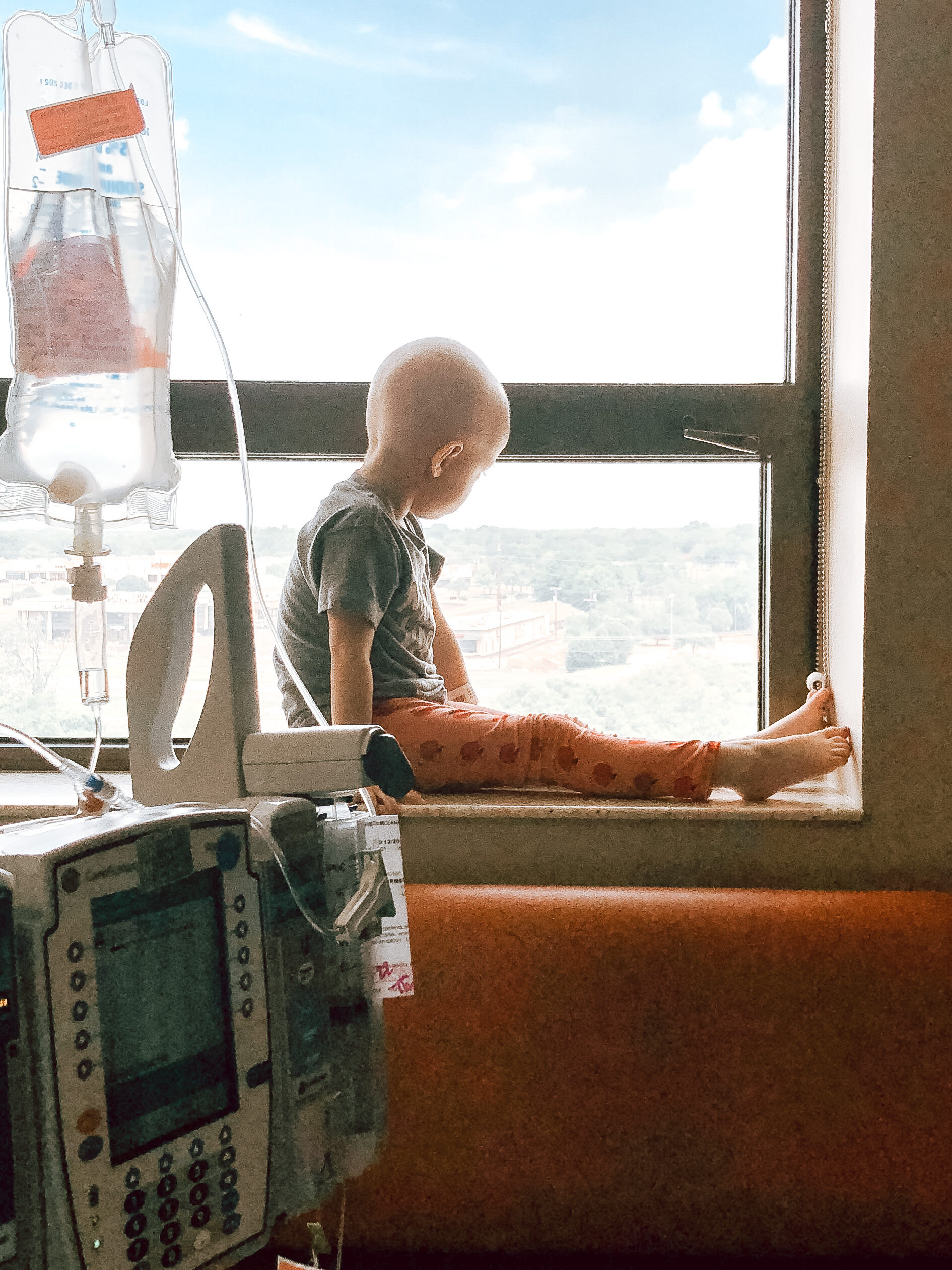
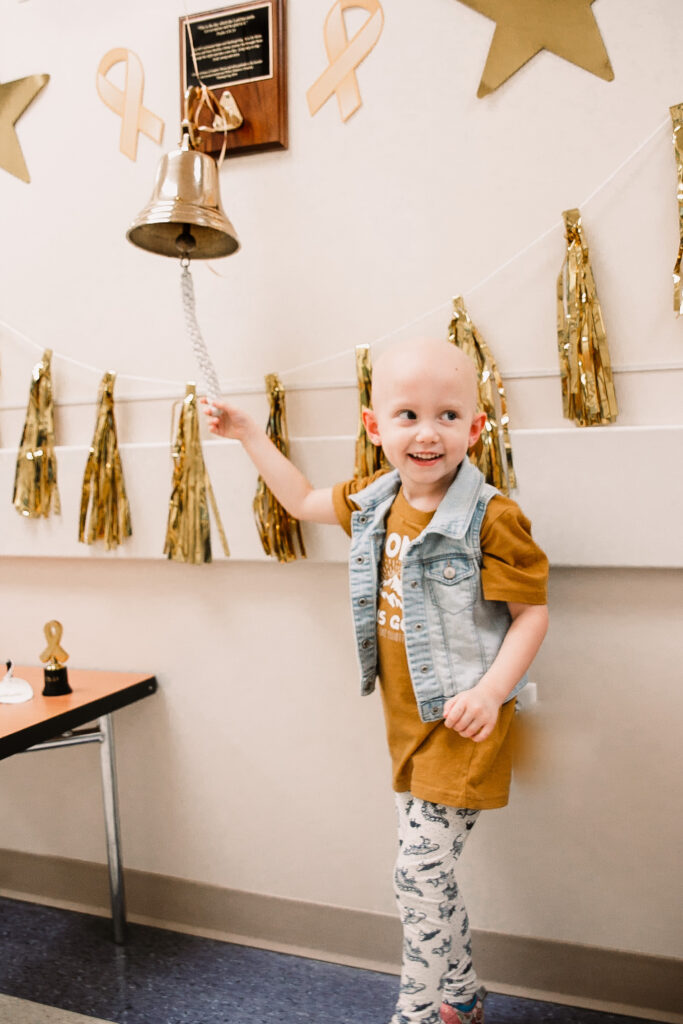
For example, Elliott’s oncologist slowly built a strong relationship with her, allowing her to warm up to him in her own time. The anesthesiologist team helped her feel in control by allowing her to hold the mask and sit in her parents’ lap as they put her to sleep, and even made sure her favorite caregivers were there whenever Elliott was scheduled for a procedure. Many of the staff reached out to check on Elliott and her family throughout her treatment, even when she wasn’t at the hospital.
“Every time she had to have something done, it was a relief for us as parents to know that she felt comfortable and wasn’t terrified, even if we were a bundle of nerves,” JaNett says. “All these little things the staff did made the experience so much easier and made us feel like we really mattered to them.”
Now two years cancer-free, Elliott is on to new adventures in kindergarten and enjoying her new baby sister. She visits McLane Children’s every few months for scans to make sure the cancer has not returned. “Our girl is thriving,” JaNett says. “She is living life to the absolute fullest.”
Animal therapy made all the difference
Lorenzo is a specially trained facility dog who works with the Child Life team to comfort and distract patients in the hospital. He visited often with Elliott throughout her treatment and served as a bright moment of her day amid all the needles, procedures, and other stressful, but necessary parts of her treatment.
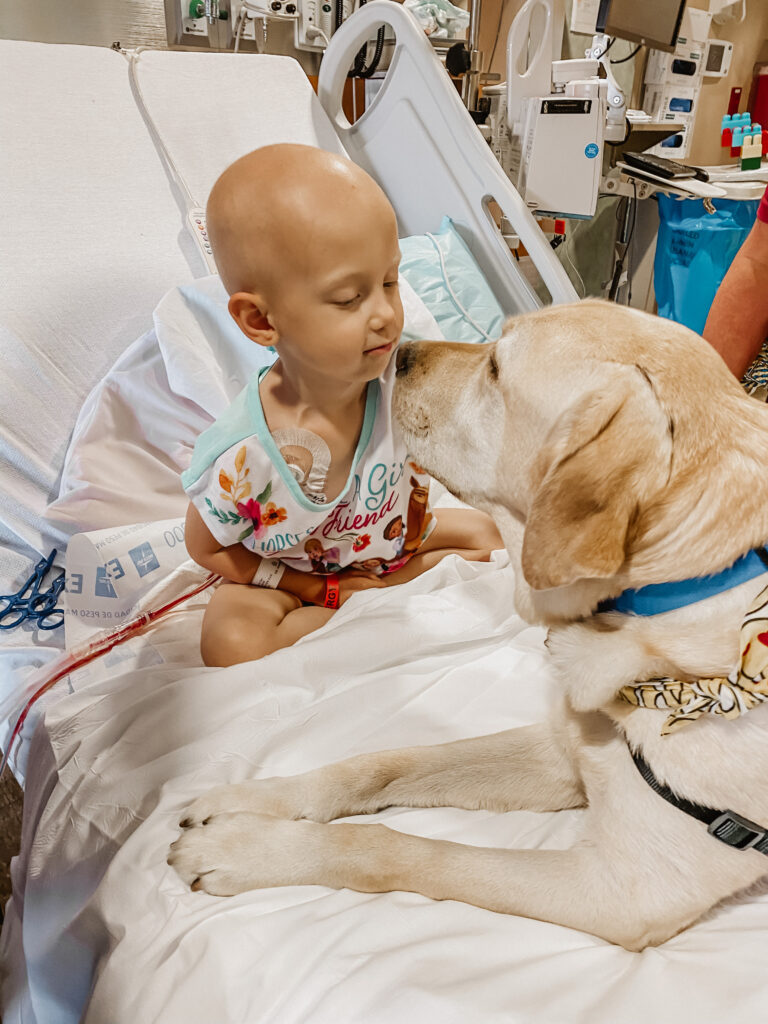
“It’s heartbreaking as a parent to see your bubbly, outgoing child go through this treatment and sort of become a shell of what they were because they’re just so exhausted,” JaNett says. “But when she was interacting with Lorenzo, we got to see her spark again.”
Lorenzo also helped motivate Elliott when she didn’t want to do something. “Instead of ‘We’re going to the hospital,’ I would tell her we were going to see Lorenzo,” JaNett says. “Or, when we needed her to get up and move, she would walk with Lorenzo.”
Inspired by the positive effect of Elliott’s relationship with Lorenzo, the family adopted a Labrador-Poodle mix named Moose who went through training to serve as an emotional support animal for Elliott. “Childhood cancer can be really traumatizing,” JaNett says. “Some nights she would wake up screaming and crying in pain. Moose would hop up on the bed next to her and serve as a comfort and distraction until she could calm down.”
The family also hopes to have Moose certified as a therapy dog so that he too can comfort children in the hospital on a volunteer basis. “Lorenzo did so much for Elliott, so we would love to be able to give back to other families in that way.”
